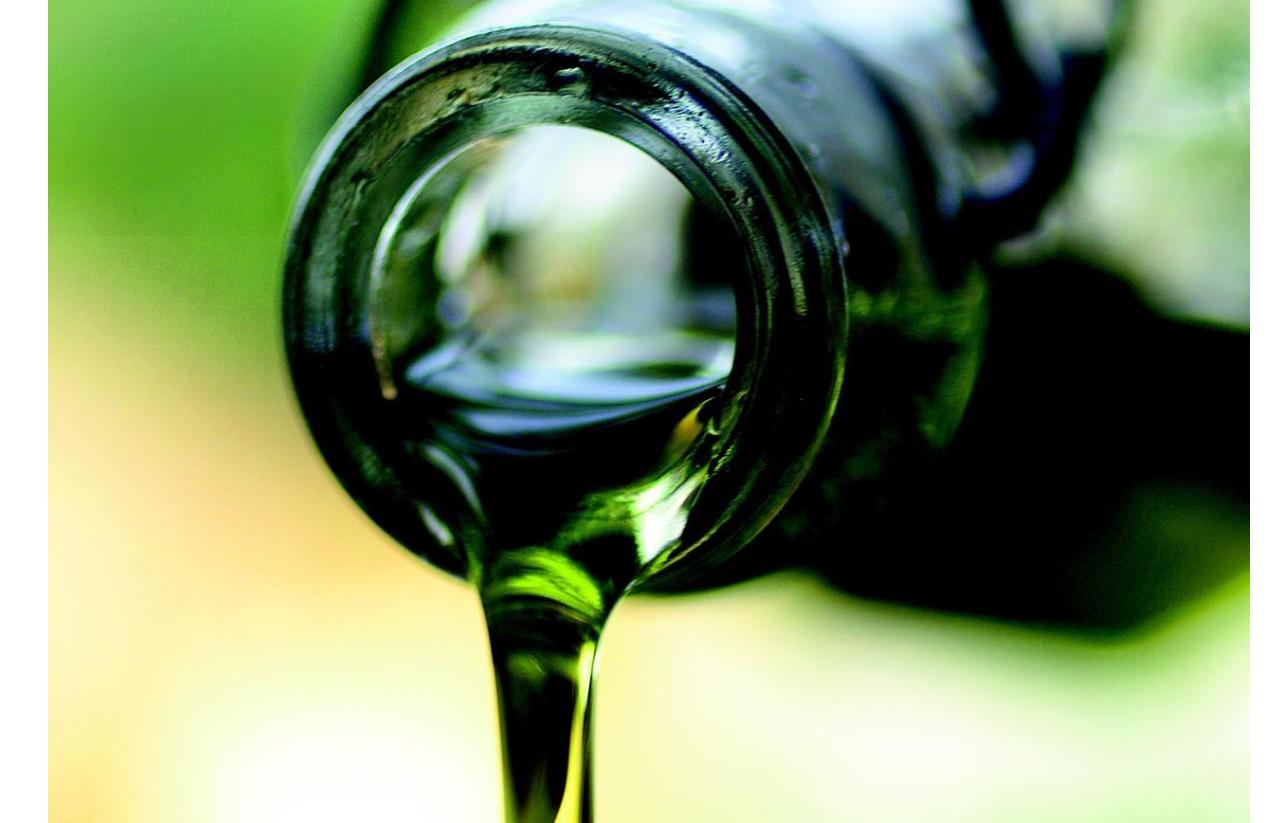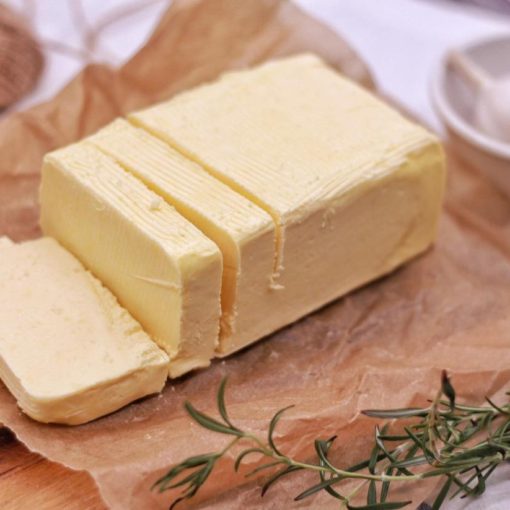It’s something we say often to our clients, our podcast listeners, our friends, our families: Question everything. We take in information every day. And if it’s interesting enough, we often share the information with others. The thing is, it’s secondhand information or third hand or fourth hand . . . almost none of the information is firsthand unless you experienced or researched it with your own study. We rely on information from people or organizations we trust, but where did they get that information? We assume they did their homework, maybe, but we don’t really know, right?
So, question everything and everyone.
For thirteen years, since we graduated from IIN, we have been telling everyone not to cook with extra virgin olive oil. Its smoke point is low, so it becomes carcinogenic when you cook with it. We were so sure of this advice that we even put it in our cookbook.
But we were wrong.
In a January 2020 study published in the journal Antioxidants conducted by the University of Barcelona, “researchers simulated the cooking conditions of a domestic kitchen. The aim was to see how the homemade sauté affects the polyphenols of extra virgin olive oil. Researchers studied the effects of time –during a short and a long period of time- and temperature –at [248ºF] and [338ºF]- in the degradation of the antioxidants.
Results show that during the cooking process, the content of polyphenols [micronutrients that naturally occur in plants] decreased by 40% at [248ºF] and by 75% at [338ºF]-, compared to the levels of antioxidants in raw oil. Moreover, the cooking time had an effect on individual phenols, such as hydroxytyrosol, but not on the total content of the phenol. As a whole, the levels of antioxidants keep fulfilling the parameters stated as healthy by the European Union: ‘Despite the decrease in concentration of polyphenols during the cooking process, this oil has a polyphenol level that reaches the declaration of health in accordance to the European regulation, which means it has properties that protect oxidation of LDL cholesterol particles’, notes Julián Lozano, first signer of the publication, which is also part of his doctoral thesis.”
In other words, the antioxidants that olive oil is famous for also protect it from heat. So, cooking with olive oil, as we once touted as a big no-no, is not unhealthy.
Yes, this study was published in January 2020, more than 18 months ago. How did we miss this? In fact, one of our highly respected mentors, Chris Kresser, published in June of 2019 in his blog that he was “here to tell you that it’s okay to cook with olive oil. It has some unique qualities that make it stable under cooking conditions and provided you’re buying high-quality olive oil to begin with, you can sauté to your heart’s content.” He cites studies that fried with olive oil at high heats for 24-27 hours before the chemical content of the oil became harmful. And he cites another study where they heated extra virgin olive oil to 350°F for 36 hours “and found that while there was some degradation in the phenolic compounds content, the oil kept most of its nutritional value.”
In our questioning process, we looked into who funded the University of Barcelona study to see if there was a conflict of interest and we didn’t find any. The same went for the studies that Chris Kresser cites. Of course, we vow to keep an open mind to see what new information comes about (and we hope to catch it sooner than we did this one).
All that said, if you do cook with extra virgin olive oil or any other oil, watch for the smoke point. If it smokes while you’re cooking, stop! Joseph Provost, a chemistry and biochemistry professor at the University of San Diego who co-wrote “The Science of Cooking: Understanding the Biology and Chemistry Behind Food and Cooking” explains that one byproduct that may be present in the oil’s smoke is acrolein which can bind to amino acids and DNA in your body and cause changes that may make it a potential carcinogen.
It’s important to keep in mind that the science of nutrition is still in its infancy.
We are learning new things every single day, and often, studies contradict other studies even when they are conducted by the same researchers. This is the best-case scenario, in fact, showing that these researchers continue to question even their own studies.
So, we hope you follow the links we provided in this blog to do some of your own research. And we’d love to hear from you if you find new, interesting information. But, no offense, we’re going to question it.
To read more about cooking with oils, go here.



